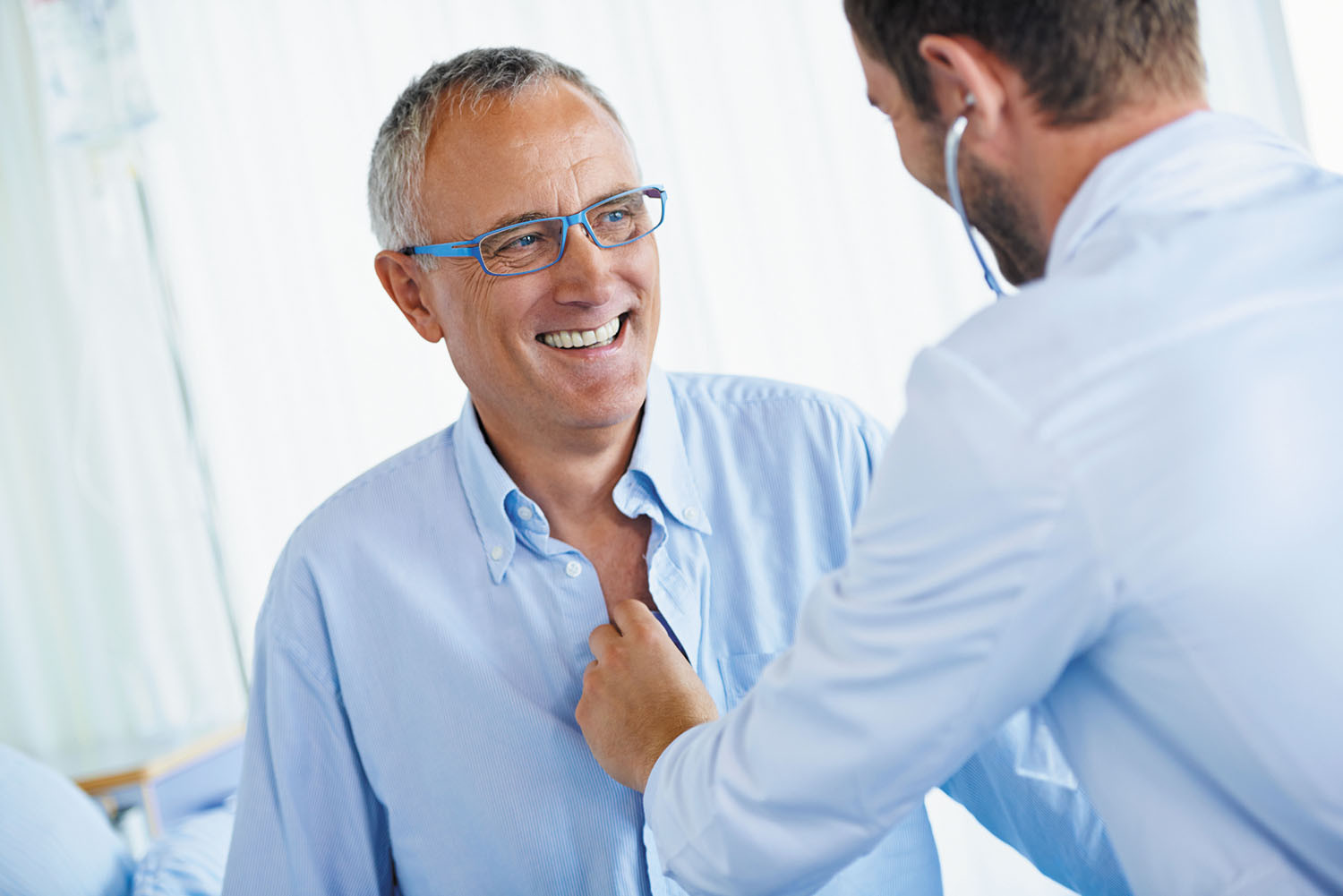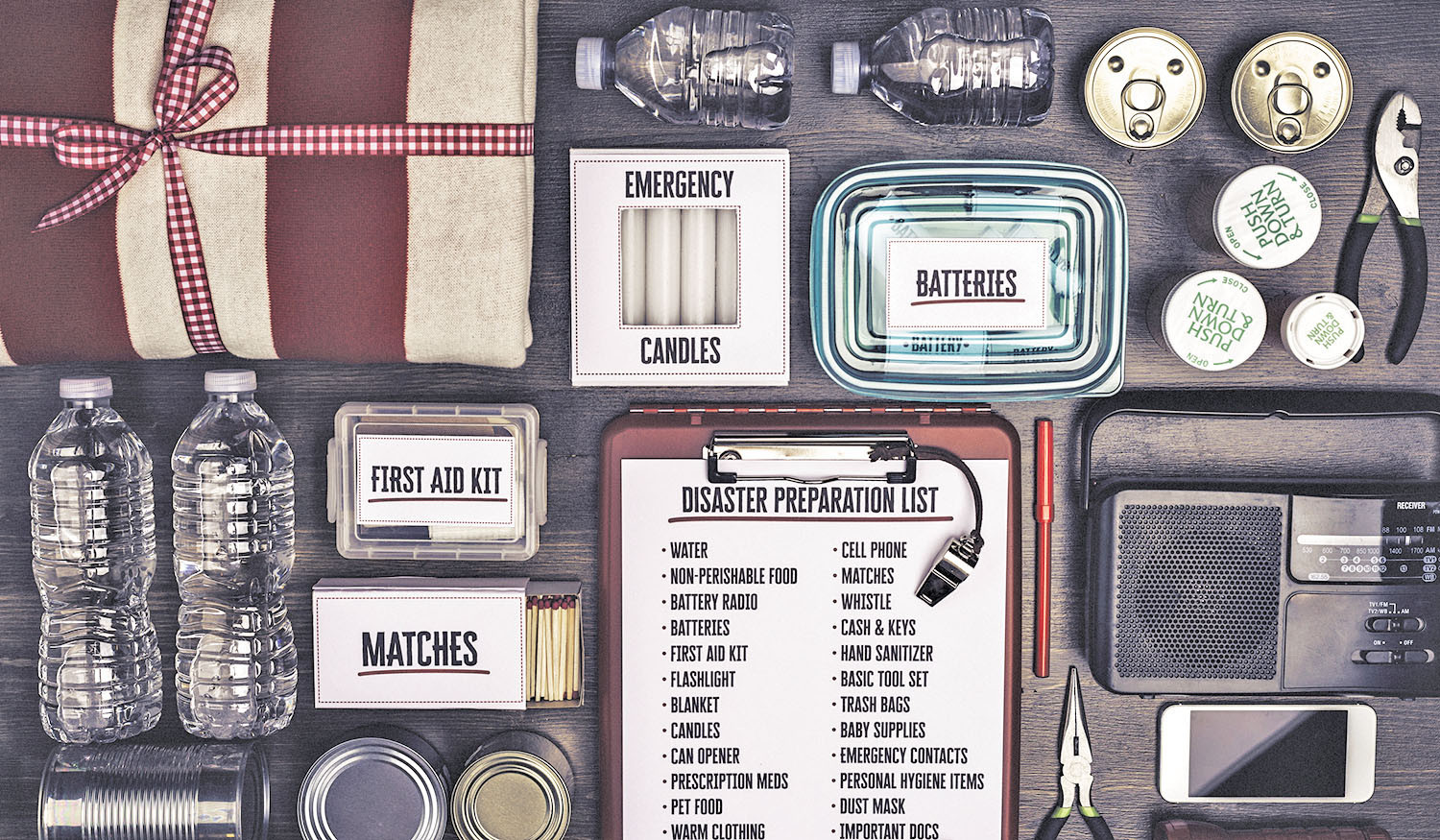
Salmonella is sneaky: Watch out

Two jobs may lower the odds of dying from Alzheimer's disease — but why?

Mastitis: What to do when your breasts are painfully inflamed

How — and why — to fit more fiber and fermented food into your meals

UTI in older women: Why postmenopausal women are susceptible to urinary tract infection, and what to do about it

Can a routine vaccine prevent dementia?

Some adults may need a measles booster shot. Who should get one and why?

Less butter, more plant oils, longer life?

Healthier planet, healthier people

Counting steps is good — is combining steps and heart rate better?
Staying Healthy Archive
Articles
What to do about incidental findings
They often lead to follow-up appointments and more testing.
Modern medical imaging saves lives: it can find a blocked artery, a bulging blood vessel, or a suspicious mass. But many times, an x-ray, CT scan, MRI scan, or ultrasound exam looking for one kind of problem can reveal an anomaly that's unrelated and unexpected. Such incidental findings can lead to more testing, more medical bills, and a great deal of anxiety.
"Frequently radiologists will point out something and say it's probably benign, but recommend an MRI. Once you've been told something might be abnormal, you might feel nervous until you know what it is," says Dr. Suzanne Salamon, associate chief of gerontology at Harvard-affiliated Beth Israel Deaconess Medical Center.
Helpful or harmful? Weighing last resorts before knee surgery
You've tried nearly everything for your worn-out knee. But the remaining possibilities may include some risky options.
Knee osteoarthritis affects about half of us in older age. The cartilage that acts as a cushion between the bones wears away, and it hurts when the bones grind against each other. In many people, arthritis can become severe enough that they consider a knee replacement. Since surgery is an expensive and complicated option, you may wonder what else you can do to reduce knee pain. Beware: some treatments are bogus and even dangerous.
Stay away from these
The first sign that a knee pain treatment isn't the best choice: an ad promising that it's the surefire solution.
5 common medications that can have serious side effects
Report new symptoms immediately if you take one of these.
Taking blood thinners and prescription painkillers such as opioids can have potentially life-threatening complications. But many medications — even over-the-counter drugs — have the potential for dangerous side effects. "In most cases, the risk of serious side effects is very rare — much less than 1% of the time," says Dr. Joshua Gagne, a pharmacist and epidemiologist with Harvard-affiliated Brigham and Women's Hospital.
If you're taking any of the following drugs, learn the rare risks.
Swap out a sweet drink to reduce your diabetes risk
Research we're watching
Replacing just one sugary drink each day with water may reduce your risk of developing diabetes, according to a study published online Oct. 3, 2019, by Diabetes Care. Researchers from Harvard's T.H. Chan School of Public Health looked at more than two decades' worth of data collected in three long-term studies, involving more than 192,000 adults. By tracking beverage intake over time, they found that people who increased their consumption of sugary drinks (including 100% fruit juice) by more than 4 ounces a day over four years had a 16% increase in diabetes risk over the next four years. Turning to "diet" versions might not help, either: an 18% jump in diabetes risk occurred in people who increased their intake of artificially sweetened drinks by more than 4 ounces a day over the same period, although some of that risk could have reflected other factors, said researchers.
The bottom line: If you want to reduce diabetes risk, it's better to skip sweet drinks and stick to unsweetened tea, coffee, or water. When people drank one of those beverages once a day instead of a sweetened drink, diabetes risk dropped by 2% to 10%.
Why you need an annual wellness visit
The once-a-year appointment can reveal vital health information for both you and your doctor.
It's usually covered by your health insurance, it doesn't take much time, and it's a great way to learn about your present and future health.
While men often call it the yearly physical, the annual ritual is better named a wellness visit or preventive health appointment. Whatever you call it, men should still have one every year as it remains an important part of primary care, according to Dr. Asaf Bitton, executive director of Ariadne Labs and primary care physician at Harvard-affiliated Brigham and Women's Hospital.
How can I protect myself from getting the common cold?
On call
Q. How does a cold virus spread from one person to the next? And what can I do to protect myself?
A. The common cold is most often spread by direct contact with the respiratory secretions of someone who is infected, typically through hand-to-hand contact. Here is how it happens: The person with a cold touches his or her mouth or nose (we do this all day without thinking). The cold viruses are now on the person's hands. The person then touches you, such as by shaking hands. You rub your eyes, nose, or mouth, and the viruses enter your body, and so it goes.
The act of balancing
Maintaining proper balance as you age requires attention, strength, and flexibility.
One skill that can sharply decline with age, and often with little warning, is your sense of balance.
"As people age, changes in flexibility, muscle strength and power, body sensation, reflexes, and even mental function all contribute to declining balance," says Dr. Brad Manor, associate director of the Mobility and Falls Translational Research Center with Harvard-affiliated Hebrew SeniorLife. "You need to work on all these factors to maintain a strong sense of balance."
Be ready for emergencies
Here are 10 ways to safeguard your life (and health) when an emergency or disaster strikes.
Natural disasters and other kinds of emergencies can strike anywhere and often with little warning. Yet, new data from the University of Michigan National Poll on Healthy Aging show that most adults ages 50 to 80 are ill-prepared for severe weather, long-term power outages, or other emergency situations.
"Older adults should take the time to focus on how they will cope and manage with an emergency," says Dr. Howard LeWine, assistant professor of medicine at Harvard Medical School and editor-in-chief of this newsletter. "A small effort now can protect their health and well-being when an emergency does occur."
Can supplements help boost your immune system?
Your money might be better spent on something else.
During the winter months, you've likely seen ads for products that claim to give your immune system a boost to help you ward off colds and the flu. But can something in a bottle, whether a vitamin formulation or probiotic, really rev up your immune system to help you stay healthy?
"Unfortunately, the reality is that those kinds of products aren't really offering you any benefit," says Michael Starnbach, a professor of microbiology at Harvard Medical School. "There's no evidence that they help in fighting disease."
4 ways to boost your energy naturally with breakfast
Healthful protein, slowly digested carbohydrates, fruit or vegetables serve up best morning mix
As you sleep, your body is hard at work digesting yesterday's dinner. By the time you wake up, your body and brain are demanding fresh fuel. "Breaking the fast" is a key way to power up in the morning. Do it right and the benefits can last all day.
If you miss the day's first meal, notes Dr. David S. Ludwig, a nutrition expert at Harvard-affiliated Children's Hospital Boston, you may start off with an energy deficit and have to tap into your energy reserves.

Salmonella is sneaky: Watch out

Two jobs may lower the odds of dying from Alzheimer's disease — but why?

Mastitis: What to do when your breasts are painfully inflamed

How — and why — to fit more fiber and fermented food into your meals

UTI in older women: Why postmenopausal women are susceptible to urinary tract infection, and what to do about it

Can a routine vaccine prevent dementia?

Some adults may need a measles booster shot. Who should get one and why?

Less butter, more plant oils, longer life?

Healthier planet, healthier people

Counting steps is good — is combining steps and heart rate better?
Free Healthbeat Signup
Get the latest in health news delivered to your inbox!
Sign Up











